Finished: Week of 10 June
#- Tomas Tranströmer (Bly, trns): The Half-Finished Heaven (Graywolf, 2001, 2017)
- Jenny George: The Dream of Reason (Copper Canyon, 2018)
Another week in which I didn’t actually complete anything. I’ve been drifting through some poetry collections that are re-reads for me, but the bulk of my reading has been non-fiction and several novels.
57: Coastal (LA)
58: Mile Marker (Arrow)
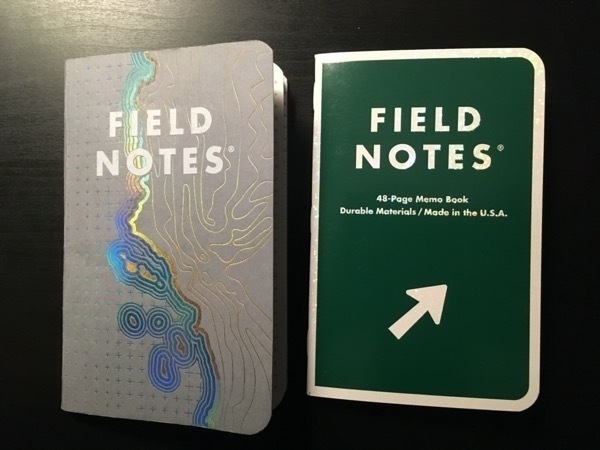
Nothing. Between Anniversaries, which I just started last week, and pushing almost everything else aside to finally finish Through the Eye of a Needle, I have devoted very little time to reading poetry.
Limón: Before buying her book from the publisher’s booth at Wordplay last week, she was only a name to me.
There is a popular trend in the current era to strive for a very informal, conversational style. When done poorly, it’s insipid, self-indulgent, and therapeutic, like reading someone’s diary. I found her best poems to be all the more powerful precisely because of how deftly she employed a quotidian voice that at times almost verged on clumsy, only to tighten up into a musical clarity all the more surprising.
I did find the collection to be a bit uneven, but that’s not remarkable; I find most poetry collections uneven.
Despite a short trip to Florida and other distractions, I somehow managed to finish three short books this week.
56: Wednesday Green
57: Coastal (LA)
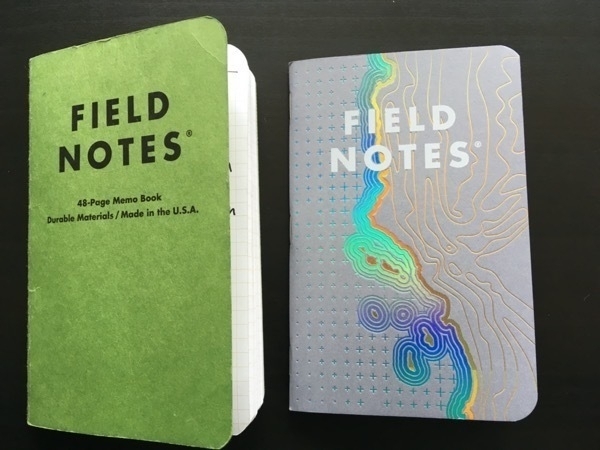
This book is sort of a cheat: it’s a new edition of a book I’ve already read, gathering some new material I hadn’t seen before. I only read those sections, and browsed the rest; it definitely merits a cover-to-cover re-read.
Johnson: I’m not sure I actually read the whole thing. I started at the beginning, but then opened it randomly further in, and simply wandered about after that. It’s not a poem you read, it’s a poem you live inside of.
Matthias: Old-school high modernist. These poems are direct descendants of Paterson and the best of The Cantos (and The Best of The Cantos would, by the way, be a very short book, including not much more than the Pisan cantos.) John Matthias could be read comfortably alongside Geoffrey Hill or Peter Dale Scott as well as Lyn Hejinian or CD Wright.
Extremely smart, lots of footnotes, and with a startling music, as bewildering and mesmerizing as hearing bebop for the first time.
Harrison: I put off reading this for a year because it is the last new poetry by Jim Harrison I’m ever likely to see, barring any unpublished manuscripts they find in the cabinet behind the bourbon.
Jim Harrison was this country’s Han-Shan. He acknowledged magic with a shrug, sometimes gravely toasting the gods with cheap red wine, sometimes exuberantly giving them the finger. Angels don’t fly; they crawl on their hands and knees, laughing and weeping at the same time.
This month, I’m going to let myself off the weekly hook, and try instead to complete several longer books by the beginning of May.
Several book-length poems have resisted my attempts at progress for too long: they always get passed over in favor of the short, skinny things, which always seem so temptingly easy to get through. (The shorties are certainly easier to throw in my bag, so I tend to grab one or two of them, rather than one of the bulky epics.)
So, for April, I will focus on getting to the end of two or maybe three of the big books. This means there will be no updates on my progress until just before Beltane.
Lawrence Ferlinghetti just turned 100 yesterday, on what would have been my father’s 95th birthday, and I find myself thinking about where I started as a writer and as a person.
I began writing poetry as a teenager but I didn’t take it very seriously until a teacher showed me some of Ferlinghetti’s poems outside of class. Many other poets have since accreted in the subsequent three decades, of course, but Ferlinghetti’s influence — along with Cummings, Stevens, Plath, Bishop, Rilke — is batholithic.
Initially, I thought I’d be a novelist, producing “large, loose, baggy monsters.” But I discovered that with poetry, I could build something in an hour or a week (or, okay fine, a month or more) and then build something else, and so on, until I had collected enough tiles for a mosaic that could — in theory — rival any doorstop.
Indeed, Durs Grünbein, in The Vocation of Poetry, says: “I might even go so far as to say that poetry is in large part born from the desire to start over as often as possible.”
From my father I learned that the opposite of the truth isn’t a lie but, rather, bullshit. Both “truths” and “lies” are equally committed to a coherent vision of the universe and they often serve the same sort of purpose; a person might tell the truth or a lie for surprisingly similar reasons. But bullshit is faithless. It’s incoherent, and it has no integrity.
So the Statue of Liberty can wield a sword instead of a torch in Kafka’s Amerika, and Ben Franklin can be a DJ at a rave in Pynchon’s Mason & Dixon. Both false and true, but not bullshit.
My father learned the power and poison of bullshit in the Dutch Resistance as a teenager. After the war, he went to law school in the Netherlands — not because he wanted to be a lawyer, but because he wanted to be a writer. Then he gave up everything to move to the US to marry my mother. Then law school — again — followed by a second law degree. He worked in publishing, then in the crucible of a massive law firm, then taught, then founded his own firm. He did many different things, and started over many times. But it was always about language, about learning how to use it with humility and respect; to fight against bullshit and chaos. And countless stories at the dinner table, all coming together as one big story. A hedgehog who talked like a fox.
One small thing, then another small thing, then another. Steering by compass, from tree to tree, post to post — all the way across a continent, a lifetime, one poem at a time. Always seeking clarity and integration, attending to what’s there, and how it all fits together. And if you are seeking several destinations, all on a circuit, a seasonal cycle, following a rhythm, a flow — then you never really arrive and you never really depart. You continue.
55: Kraft (graph)
56: Wednesday Green
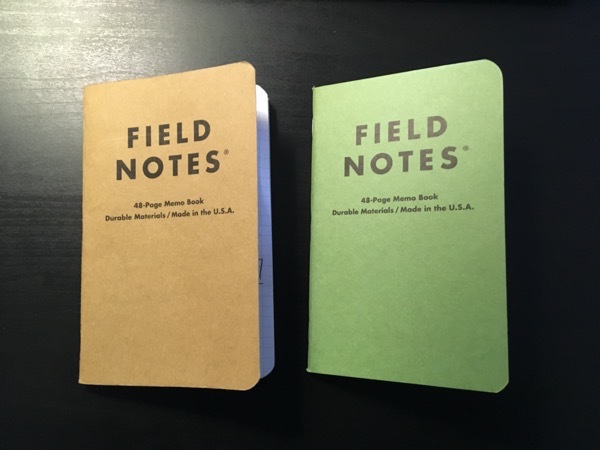
This is the first week that I haven’t finished reading any book of poetry, and there are several reasons for this.
First was an influx of new books (and not just poetry) that I bought last week during Sixth Chamber’s last week of business, which swamped my TBR pile.
Second was two long nonfiction books I’m reading, both engrossing; one of which I’m sprinting through the last 100 pages. I’ve therefore been juggling the two to the exclusion of poetry.
Third was that I’m trying to finish several poems of my own which are still in draft, and I’ve been finding it hard to read poetry while also trying to write it. (This isn’t always true for me, but it has been recently, for whatever reason.)
Last was the death on Friday of WS Merwin, which meant any other reading was put on hold as I pulled my Merwin off the shelf to revisit his work.
So sorry that Sixth Chamber closed for good today.
Here are two bookmarks. One is from the mid 90s, the other from the late 90s. These two are from my envelope of on-deck bookmarks. Many more are scattered throughout my library, tucked in books, waiting to be rediscovered.
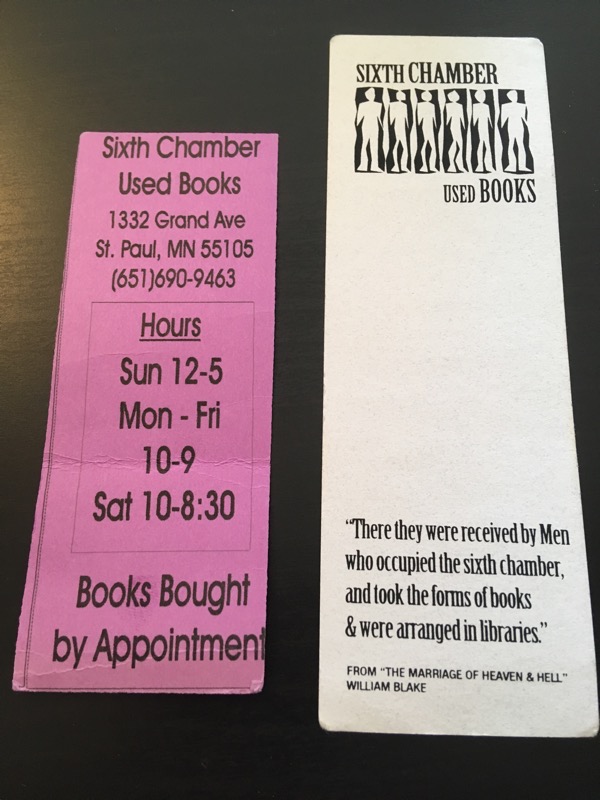
The third week in a row with only one completed book.
“You can argue opinions, but you can’t argue facts.”
This may, under some limited set of circumstances, be a true statement, but it assumes that a fact is something that we would all agree on if only we were sufficiently informed.
But facts are a byproduct of context. Facts are not discrete packets of truth, sharply defined and clearly demarcated from their surroundings. And a fact which we can all agree upon is the most useless and least interesting fact of all.
Another problem is that it sets up a polarity: it implies that facts and opinions are all there is, that they are the only two states of, well, I guess I’ll call it reality. But what of perceptions? You could, I suppose, say a perception is a form of opinion — but just because I can find many people to confirm what I perceive, and once we all agree and reach a consensus, then it’s a fact, right? Well…
Lastly, the statement sounds as though facts are more important than opinions; that facts finish the argument. But all too often, they begin the argument. Facts are often the least interesting thing a person can talk or argue about.
Cid Corman perfectly captures the diaristic tone of Basho’s haibun. Informal dispatches from a roadtrip. I’ve read many translations of this work, but this was the first one that made me wish Wim Wenders would make a movie version of it.
Hannah Arendt (via):
Just as terror, even in its pre-total, merely tyrannical form ruins all relationships between men, so the self-compulsion of ideological thinking ruins all relationships with reality. The preparation has succeeded when people have lost contact with their fellow men as well as the reality around them; for together with these contacts, men lose the capacity of both experience and thought. The ideal subject of totalitarian rule is not the convinced Nazi or the convinced Communist, but people for whom the distinction between fact and fiction (i.e., the reality of experience) and the distinction between true and false (i.e., the standards of thought) no longer exist.
54: Kraft (lined)
55: Kraft (graph)
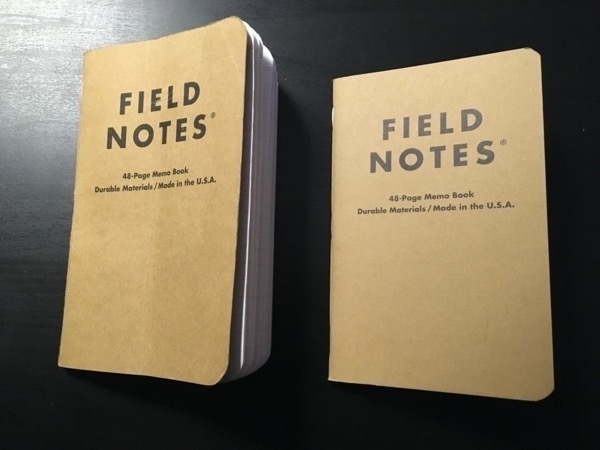
Isaac Bashevis Singer (via):
Of course I believe in free will. I have no choice.